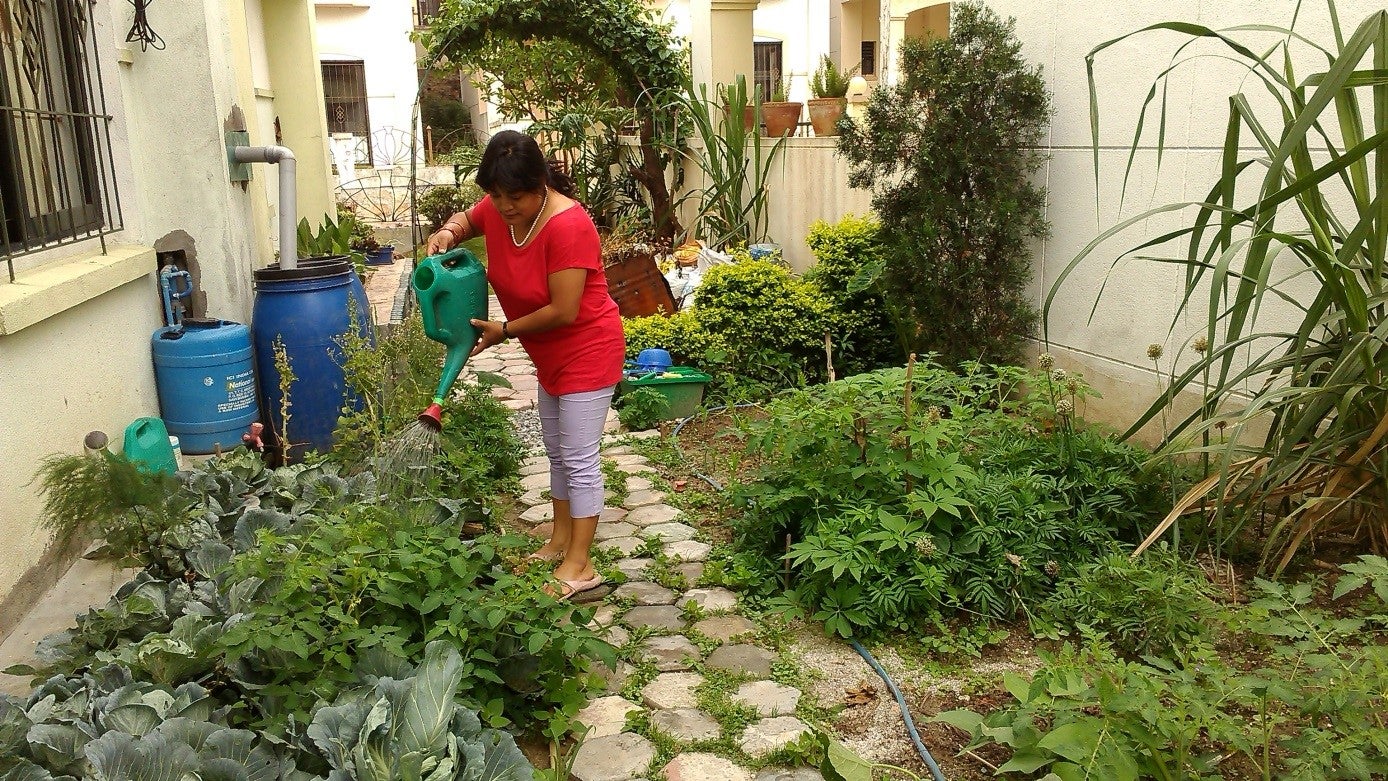As urban populations increase, challenges related to water and sanitation amplify. The situation of the urban poor in developing countries poses a particular challenge as they live increasingly in mega cities where sewerage systems are precarious or non-existent, and space for toilets and removal of waste is at a premium. Urban water distribution and sanitation systems are all too often derelict and unable to cope with the growing demographics, and many urban poor are excluded from these services.
Nearly 35 per cent of the world’s population, or some 2.3 billion people, lack access to basic sanitation such as toilets and clean, running water. Globally 892 million people still defecate in the open, exposing their communities to contaminated water and risking the contraction of diarrhoea, cholera and dysentery. These preventable diseases are a leading cause of child death, annually claiming the lives of 800,000 children under the age of five. In addition, poor sanitation affects the economic viability of communities, has a negative impact on the performance of schoolchildren, and impacts on the dignity and personal safety of residents, particularly women and girls.
Nepal is one country tackling this problem. In 2011 the government formulated the National Sanitation and Hygiene Master Plan. This plan aimed to establish appropriate systems and institutional mechanisms to increase sanitation coverage in a planned and coordinated manner. UN-Habitat and the Global Sanitation Fund of the Water Supply and Sanitation Collaborative Council supported the implementation of the plan.
The results are notable. Nepal increased national sanitation coverage from 6 per cent in 1990, to 99 per cent by the end of 2018. The Terai region is a good example of how this happened. In 2011, Terai region, home to over 50 per cent of the population of Nepal, had the lowest sanitation coverage nationwide. When national sanitation coverage stood at 62 per cent in 2011 it was only 13 per cent in Terai region. In 2014, UN-Habitat and the Global Sanitation Fund supported the Terai Sanitation Campaign, targeting the eight districts with the lowest sanitation coverage.
The campaign focused on consensus building by engaging a cross-section of stakeholders in its planning, coordination and capacity building efforts. A public relations campaign to stop open defecation and market hygienic sanitation was launched and by December 2018 over 2.5 million people had benefitted from the programme. Of the eight districts in Terai targeted by the campaign, three have completely eradicated open defecation and its negative public health impacts.
Success of the Terai Sanitation Campaign is attributed to significant political commitment by local authorities and support of the military and the police. Innovative local financing of the campaign with donations from individuals, the use of sanitation cards, and support from forest user groups and women’s groups gave a sense of local ownership. This has ensured sustainability of the programme.
Hygienic sanitation facilities are crucial for public health. Improving sanitation in households, health facilities and schools underpins progress on a wide range of health and economic development issues. In 2010, the UN General Assembly recognized access to safe and clean drinking water and sanitation as a human right. A WHO study in 2012 calculated that for every USD 1.00 invested in sanitation, there was a return of USD 5.50 in lower health costs.
UN-Habitat works for a better urban future. Working in over 90 countries, the United Nations programme for human settlements promotes the development of socially and environmentally sustainable human settlements and strives for adequate shelter with better living standards for all. UN-Habitat’s mission is to promote transformative change in cities and human settlements through knowledge, policy advice, technical assistance and collaborative action, leaving no place and no one behind.
